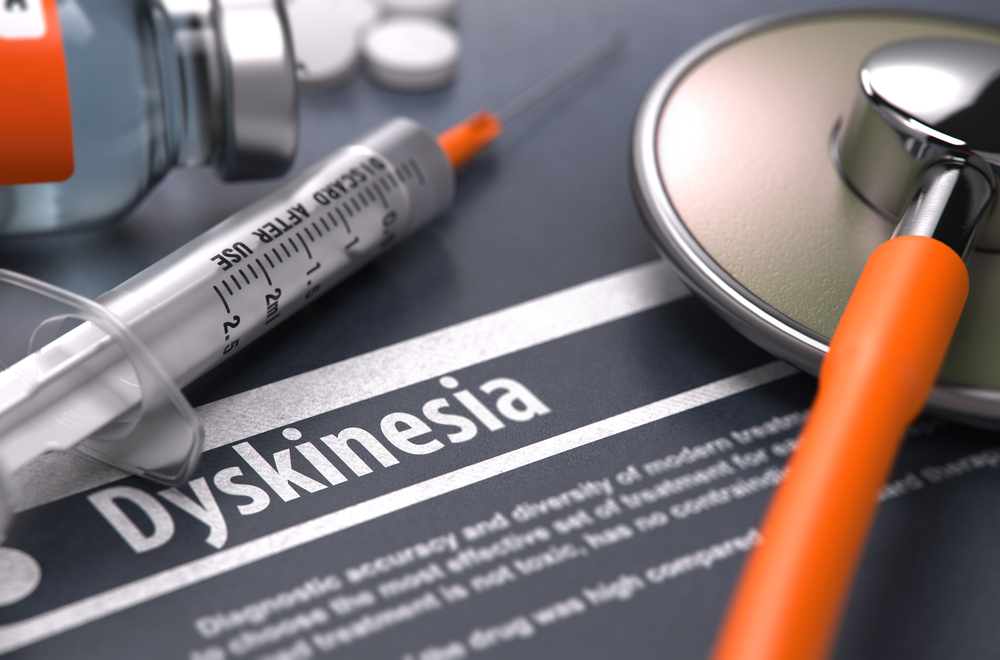A Comprehensive Overview of Huntington's Disease: Key Insights
Learn about Huntington's Disease, its causes, stages, symptoms, diagnosis, and management options. Discover the latest insights into this hereditary neurological disorder affecting movement and cognition. Early detection and supportive therapies are vital for improving patient quality of life.

Exploring Huntington's Disease: Essential Information You Should Know
Huntington's Disease (HD) is an inherited neurological disorder marked by the gradual loss of brain cells. Currently, there is no cure, and it impacts both mental functioning and physical movement. Symptoms often begin in people's 30s or 40s but may appear earlier, especially in juvenile cases before age 20, which tend to progress swiftly. Around 30,000 Americans have HD, with approximately 200,000 at risk of inheriting the condition.
Causes
HD is a genetic disorder caused by a mutation in the HTT gene, leading to the production of abnormal huntingtin proteins. These toxic fragments accumulate in neurons, disrupting their function.
Stages of the Disease
Initial Stage: Symptoms like involuntary movements, cognitive issues, and depression emerge and can be managed with medication, although the disease will continue to progress.
Intermediate Stage: Motor skills decline further; therapies for movement, speech, and cognition become essential.
Advanced Stage: Patients become fully dependent, losing the ability to walk or speak; swallowing difficulties and choking pose serious risks.
Symptoms & Diagnosis
Early signs can resemble other neurological issues and typically develop over 15-20 years. Initial symptoms include mood swings, behavioral changes, memory problems, irritability, involuntary movements, and restlessness.
Testing: Diagnosis involves neurological exams, brain imaging, and genetic testing with informed consent. Genetic counseling is highly recommended before testing.
Treatment Options
While there is no cure yet, medications can help manage symptoms, though they may cause side effects. Supportive therapies are crucial for improving quality of life and slowing disease progression.


